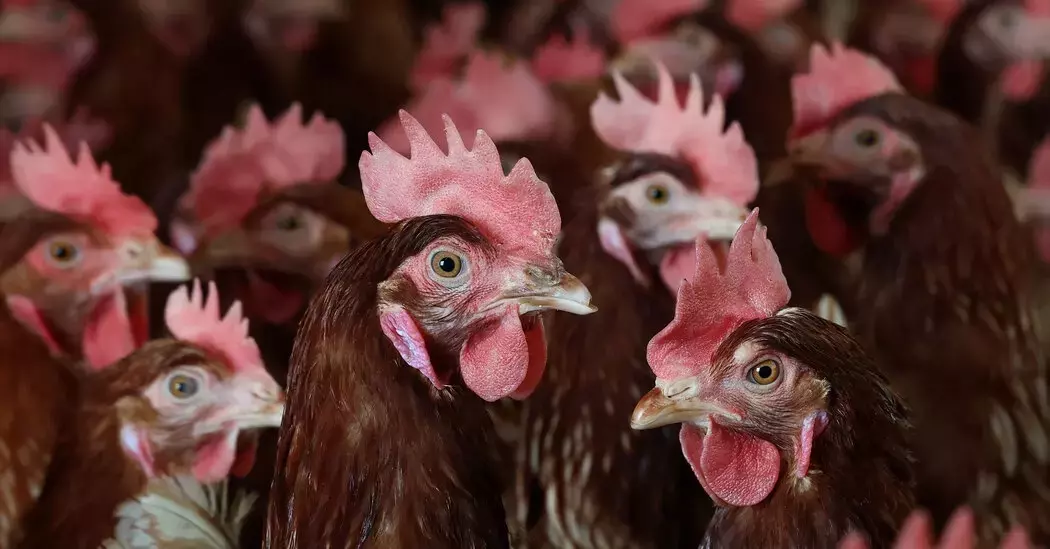
A divisive proposal by prominent health officials to permit the unchecked spread of a virus among poultry has sparked significant debate. The concept, advocated by Robert F. Kennedy Jr., suggests allowing the virus to run its course within flocks to identify birds that may possess immunity. While supported by Agriculture Secretary Brooke Rollins, this approach is met with strong opposition from veterinary scientists who warn of inhumane consequences and severe economic repercussions.
Unorthodox Approach Raises Concerns Across the Industry
In a recent discussion on Fox News, top health official Robert F. Kennedy Jr. proposed an unconventional strategy for addressing the ongoing bird flu crisis affecting U.S. poultry farms. Instead of culling infected birds, he suggested letting the virus naturally progress through the flock. This method, according to Kennedy, could help isolate and preserve birds with natural resistance to the disease. Agriculture Secretary Brooke Rollins echoed similar sentiments, highlighting interest from some farmers willing to test this approach under controlled conditions.
However, veterinary experts strongly oppose this plan. In a statement, Dr. Gail Hansen, formerly of Kansas State Veterinary Services, described the idea as deeply flawed and potentially catastrophic. Allowing the virus to spread unchecked would not only cause immense suffering among animals but also result in devastating economic impacts on the poultry industry. Furthermore, such an experiment might lead to unintended mutations or increased transmission risks, posing broader public health concerns.
From a journalistic perspective, this controversy underscores the delicate balance between innovation and responsibility in scientific experimentation. While exploring new solutions is essential, it must always prioritize ethical considerations and evidence-based practices. The backlash against this proposal serves as a reminder of the importance of collaboration between policymakers, scientists, and industry stakeholders when tackling complex challenges like infectious diseases.
